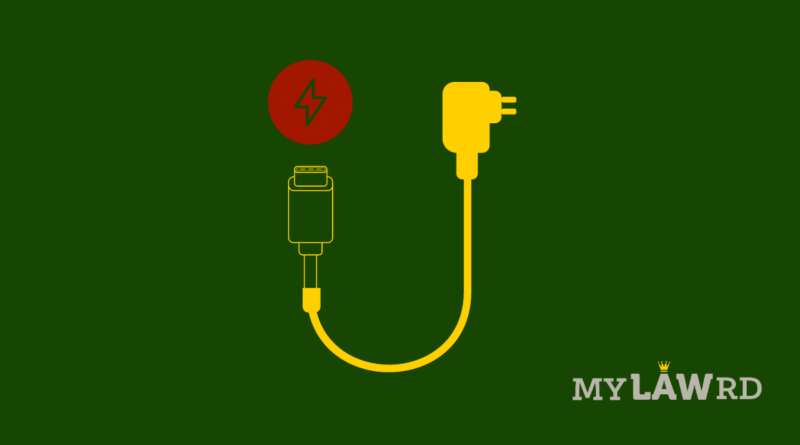European Commission proposes USB-C as the standard charger for devices
The Executive arm of the European Union (EU), European Commission has proposed new legislation to establish USB-C a common standard charging solution for all relevant devices. The commission calls it “an important step against e-waste and consumer inconvenience caused by the prevalence of different, incompatible chargers for electronic devices.”
The legislation will harmonize USB-C as the standard port across all smartphones, tablets, cameras, headphones, portable speakers, and handheld videogame consoles. The Commission says it gave plenty of time to manufacturers to come up with their own solutions. However, now the time is ripe for legislative action for a common charger.
As per the commission, EU consumers on average own three mobile phone chargers. Out of these, they use only two on a regular basis. Despite this, 38% of them experienced problems at least once that they could not charge their device due to incompatibility. Further, unused chargers pile up to approximately 11,000 tonnes of e-waste every year.
The commission’s proposals
The commission in this new legislation proposed;
- A harmonized charging port for electronic devices: The universal port will be USB-C. Customers will be able to charge their devices with the same USB-C charger, independent of the device manufacturer.
- Harmonized fast charging technology: It will assist to ensure that charging speeds are consistent when using any suitable charger for a device. It will prevent manufacturers from arbitrarily limiting charging speeds.
- Unbundling the sale of a charger from the sale of the electronic device: Customers will be able to buy a new electronic gadget without having to acquire a new charger. This will reduce the number of unused chargers. The commission added that a reduction in creation and disposal of new chargers will likely cut electrical waste by over 1,000 tonnes per year.
- Improved information for consumers: Producers will be required to publish important information about charging performance, such as the device’s power requirements and if it enables fast charging. This will make it easy for customers to determine whether their current chargers are compatible with their new device or to find a suitable charger. This, when combined with the other measures, would help consumers restrict the number of new charges they buy. This will help them to save €250 million a year on unnecessary charger purchases.
Manufacturers reaction
It might have a significant impact on Apple. The company uses its proprietary Lightning connector to charge iPhones. Apple has just added USB-C connections to several of its iPads and MacBooks. An Apple spokesperson said the firm stands for “innovation and deeply cares about the customer experience. We share the European Commission’s commitment to protecting the environment and are already carbon neutral for all of our corporate emissions worldwide,” CNBC reported.
On the other hand, most Android-based manufacturers have started using USB-C even though most old phones still have different solutions.
What’s next?
The proposal is part of a revised Radio Equipment Directive that the European Parliament must approve. Device manufacturers will have two years to comply with the new rules if the proposal becomes law. The European Parliament voted in favor of new rules on a common charger in 2020. Hence the rules are expected to be well received.
The European Union is also considering a proposal to force manufacturers to extend the lifespan of smartphones to seven years.
You can read the full proposal here.
Do subscribe to our Telegram channel for more resources and discussions on tech-law. To receive weekly updates, don’t forget to subscribe to our Newsletter.

